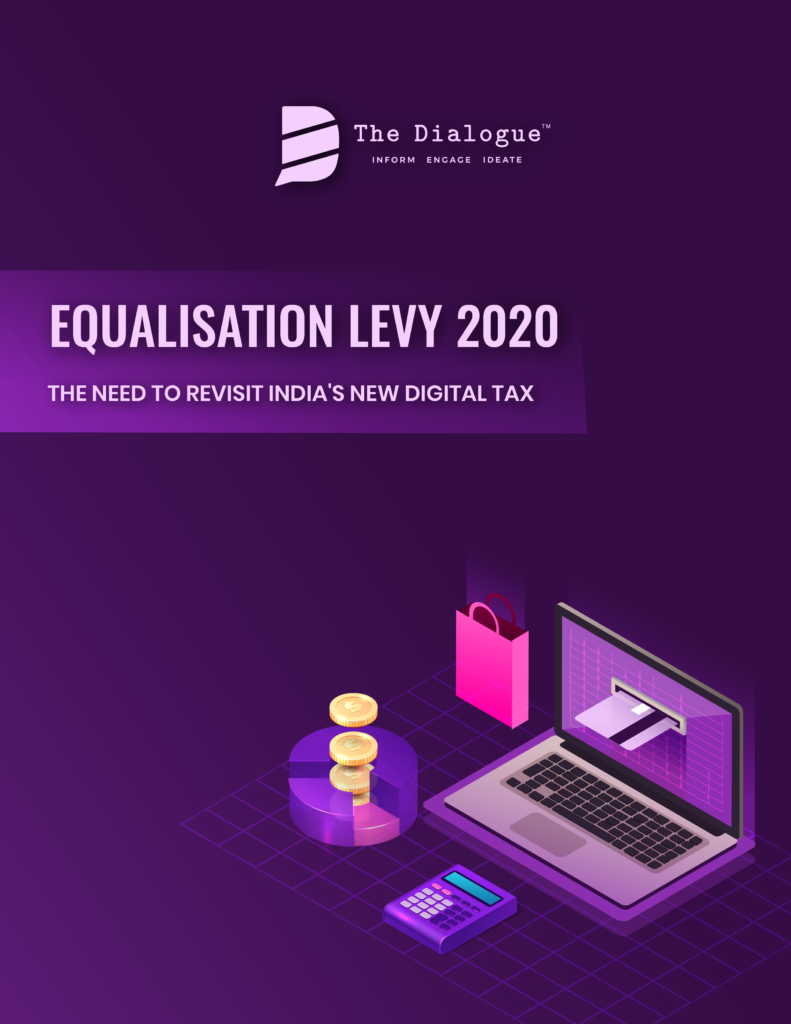India’s digital ecosystem, vital for its economy, has faced a recurring issue of burdensome taxation. The Finance Bill of 2020 introduced a sudden amendment imposing a 2% equalization levy on e-commerce operators without prior stakeholder consultation, resulting in a provision fraught with ambiguity. The lack of clarifications has led even unintended companies to bear this levy. Several gaps remain unaddressed: the broad definition of e-commerce operators, uncertainty about the tax base (gross product value or commission), the levy’s impact on intergroup transactions and its relation to the Digital Services Tax, challenges in implementing a levy based on IP addresses, and potential issues with its constitutionality, extraterritorial applicability, and circumvention of the GST Council.
Moreover, this levy burdens Indian startups, especially when the business environment is already strained due to COVID-19. It might inadvertently affect local SMEs that use international platforms for their operations. Trade relations with other countries, notably the United States, are at risk of strain due to digital tax concerns. Given ongoing OECD discussions, revisiting India’s Equalization Levy is crucial, especially as unilateral tax measures can disrupt global trade balances. Reevaluation should consider impacts on digital service providers, consumers, government digitization efforts, and MSMEs already grappling with pandemic-induced revenue challenges. Additionally, a new tax challan amendment mandating PAN quotes for non-resident e-commerce operators lacks statutory backing and imposes undue compliance pressure during the pandemic and subsequent lockdowns.
Authored by: Ayush Tripathi and Shefali Mehta
Research Assistance: Bhavya Birla
Edited by: Kazim Rizvi
Designed by: Abhinav Kashyap

